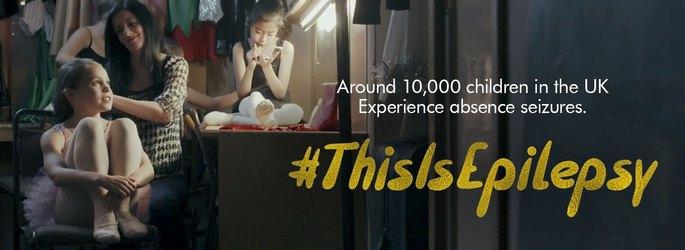
Published on: 14/11/18
New campaign highlights how 10,000 children with absence seizures need faster diagnosis, treatment and support.

Published on: 14/11/18
Young Epilepsy’s new campaign explains how absence seizures, one of 40 different types of epilepsy, rarely receive the prompt diagnosis and treatment they need. This is simply because these momentary black outs, which can happen between 50 and 200 times a day, are often mistaken for daydreaming.
The charity asked over 500 children, young people and their parents affected by absence seizures about their personal experiences. On average children and young people with absence seizures waited over a year and a half before being diagnosed.
Even after a formal diagnosis one third were unhappy with the support on offer at school, college or university.
As a direct result, more than 4 in 5 children and young people with absence seizures fall behind in the classroom.
Among the most common issues faced by children and young people with absence seizures, Young Epilepsy’s survey revealed that:
Young Epilepsy’s campaign and appeal promotes a short film that tells the real life story of university student Olivia, who first experienced the significant impact of absence seizures when she was 11 years old.
Olivia said: “When I was younger my teachers thought I was naughty and ‘away with the fairies’, but I was actually having absence seizures.
Unlike daydreaming, it’s like having a horrendous nightmare that leaves you feeling completely drained.
“I have other types of epilepsy seizures too, but absence seizures are the worst for me because they’re not obvious. At times I have been devastatingly embarrassed. Most people don’t know how to respond when I black out.”
Young Epilepsy has more information on absence seizures here. The Brain Injury Hub also has an information page on epilepsy.